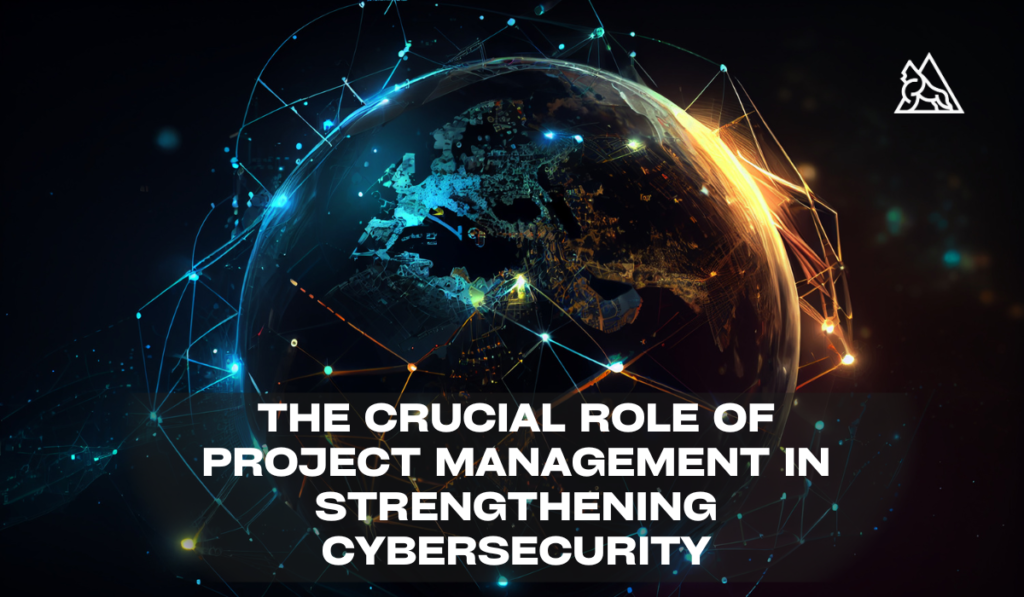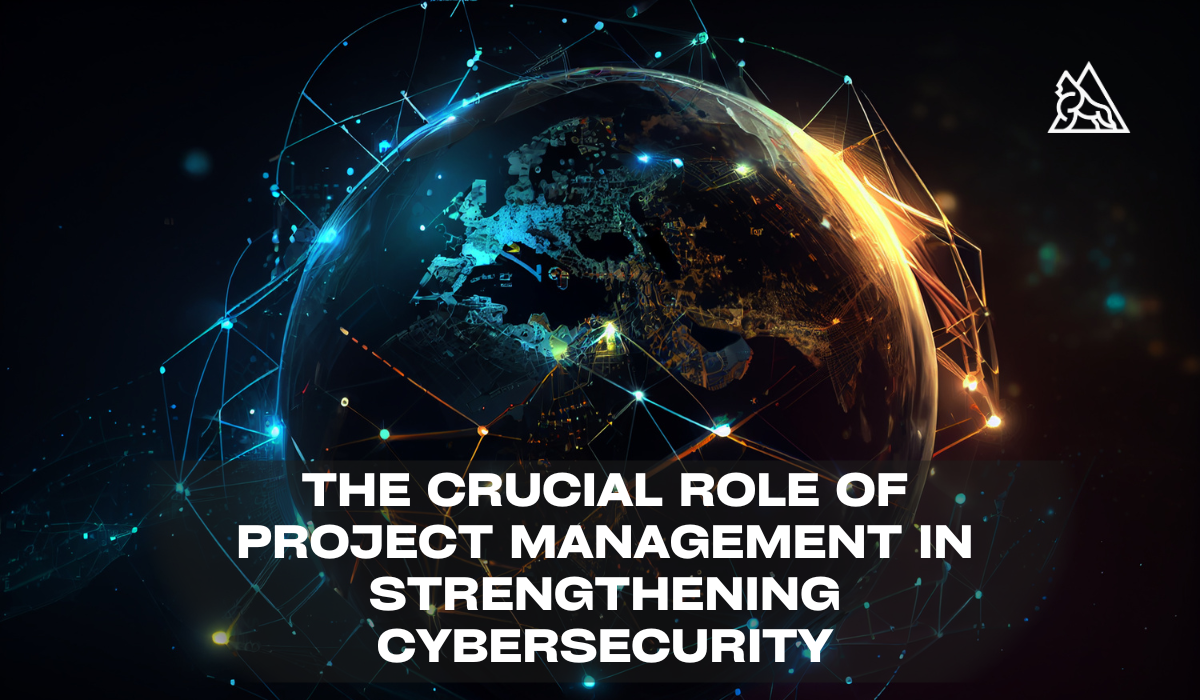The Crucial Role of Project Management in Strengthening Cybersecurity
In today’s fast-paced digital landscape, businesses are constantly seeking ways to stay ahead of the curve and streamline their operations. Technological advancements play a pivotal role in enabling companies to enhance productivity, improve customer experiences, and drive innovation. Here are five innovative tech solutions that are revolutionizing businesses across various industries.
Tech Solutions Businesses Today
Operations keep the lights on, strategy provides the light at the end of the tunnel, but project management is the train engine that moves the organization forward,” said Joy Gumz, Senior Director of Project Auditors, LLC. This analogy underscores the importance of project management in not just coordinating tasks or meeting deadlines but in ensuring that cybersecurity initiatives are strategically aligned with business objectives and principal risks, executed efficiently, and continuously improved.
Why Project Management is Vital in Cybersecurity
Strategic Planning and Alignment
Cybersecurity projects are inherently complex. Effective project management ensures these initiatives are well-planned, with clear goals, timelines, and resource allocations. This strategic approach helps align security efforts with broader organizational goals, ensuring that cybersecurity measures are both proactive and reactive.
Risk Reduction and Management
Coordination and Collaboration Across Teams
Adapting to the Ever-Changing Cybersecurity Landscape
The cybersecurity landscape is dynamic, with new challenges emerging regularly. A skilled project manager can adapt plans on the fly, reallocate resources, and pivot strategies to address unforeseen issues without derailing the entire project. This agility is essential, as delays or rigid plans can create vulnerabilities in an ever-changing threat environment.
Measuring Success and Continuous Improvement
Successful cybersecurity projects don’t end with the implementation of security measures. Ongoing monitoring, evaluation, and improvement are necessary to keep up with evolving threats. Project managers play a crucial role in setting up metrics for success and ensuring continuous improvement processes are in place.
Developing Project Management Skills in Cybersecurity
For professionals in the cybersecurity field, developing project management skills is a strategic investment in their careers and in their organization’s security posture. Here are a few tips to get started:
Learn the Basics: Familiarize yourself with project management methodologies like Agile or Waterfall. Understanding these frameworks can help structure cybersecurity projects more effectively and enhance personal workload management.
Use Project Management Tools: Tools like Microsoft Planner and Trello can streamline the management of complex cybersecurity projects, helping track progress, manage resources, and meet deadlines. However, a well-organized Microsoft Excel sheet can also be invaluable.
Embrace Continuous Learning: Cybersecurity and project management are constantly evolving fields. Stay updated on the latest best practices in both domains to ensure your skills remain relevant.
As we continue to face increasingly sophisticated cyber threats, the integration of project management skills in cybersecurity efforts becomes ever more important. By combining technical expertise with strong project management, we can build more resilient defenses that not only protect our organizations but also drive them toward achieving their long-term goals.
Stay secure, stay organized.











